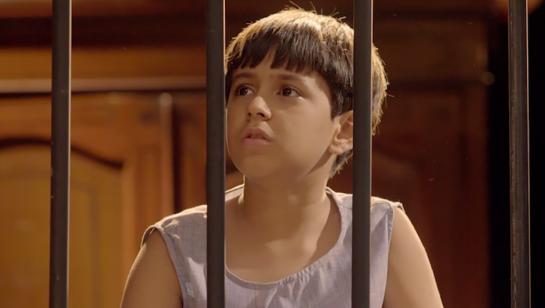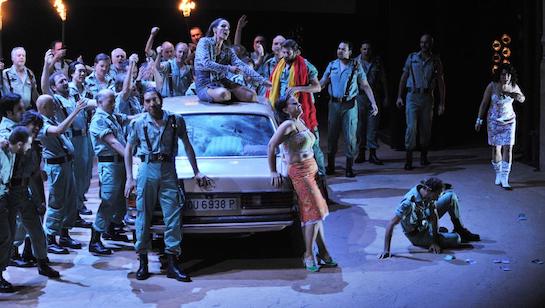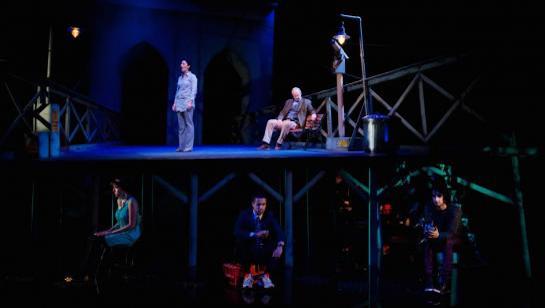Krzysztof Warlikowski’s (A)pollonia is based on classical and contemporary texts, primarily, excerpts from Euripides’ Alcestis, the Oresteia by Aeschylus, and Hanna Krall’s Pola. The erudite script also includes fragments of Jonathan Littell’s Les Bienveillantes, J.M Coetzee’s Elizabeth Costello, Rabidranath Tagore’s drama The Post Office, and more. By bringing together these texts, Warlikowski seeks to shed light on the ambiguous and somber history of sacrifice, and self-sacrifice – giving up one’s life for another – in particular. Stories of mythological characters ruled by Fate are complemented and reflected in twentieth-century experience with its helplessness in the face of the Holocaust. In the act of sacrifice, the executioner becomes no less important than the victim.
This post was written by the author in their personal capacity.The opinions expressed in this article are the author’s own and do not reflect the view of The Theatre Times, their staff or collaborators.
This post was written by Directed by Krzysztof Warlikowski, Nowy Teatr, Ninateka (2014), Poland.
The views expressed here belong to the author and do not necessarily reflect our views and opinions.















